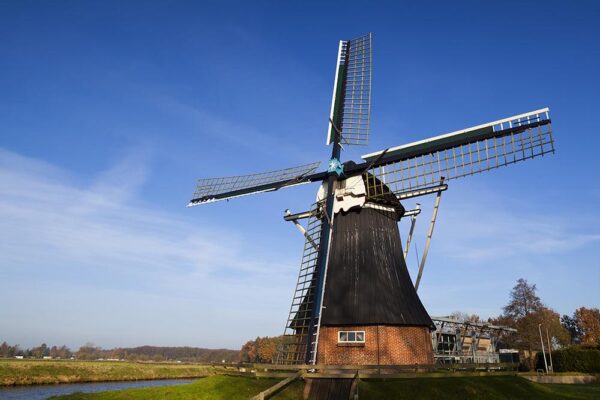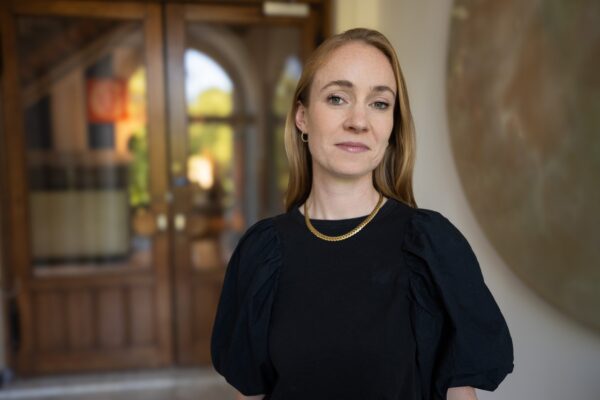It may turn out that you are married in community of property, for example, without you even being aware of it. Couples often don’t know this until one of them files for divorce.
This post was reviewed and updated on 15 July 2020
Hague Convention on the Law applicable to Matrimonial Property Regimes
The Hague Convention on the Law applicable to Matrimonial Property Regimes determines which law is applicable to your matrimonial property regime. This depends on your nationality and your place of habitual residence (during the marriage). If, according to this Convention, a particular foreign legal system is applicable then it is possible that, under certain circumstances, Dutch law will nonetheless govern your matrimonial property regime from a given moment, and that you will therefore be deemed to be married in general community of property.
General rule
The general rule is that the legal system designated by the Convention will remain applicable for as long as spouses have not made a choice of any other applicable (national) law. A change of nationality or habitual place of residence of either of the spouses does not, in principle, have any implications for the applicable law. There are a number of exceptions to this general rule if spouses have neither designated the applicable law nor made a prenuptial or post-nuptial agreement.
Exceptions
If both spouses have their place of habitual residence in the Netherlands at the time of the divorce, Dutch law will be applicable instead of the previously applicable foreign law:
- from the time at which Dutch nationals take up residence in the Netherlands (remigration);
- from the time at which both spouses have Dutch nationality (naturalisation);
- from the time at which the spouses have lived for more than ten years in the Netherlands following their marriage (integration);
- from the time at which Dutch nationals who, initially, had no first common matrimonial domicile take up residence in the Netherlands.
It would take too long to explain each of these exceptions in detail here. I advise you to check whether any of the exceptions listed above might apply to you. Even if you and your spouse are both foreign nationals and you did not move to the Netherlands until several years after the solemnisation of your marriage, Dutch law can nevertheless be deemed applicable if you have lived here for 10 years or more.
Implications
The applicable matrimonial property law changes automatically from the moment one of the above exceptions occurs. The law applicable until this moment is then replaced by Dutch law. A change of applicable law such as this is only effective for future events. So it is possible that the matrimonial property regime will be governed by different legal systems. This is also referred to as the ’variable carriage system’ (wagonstelsel). This is more likely to confuse matters than make them any easier for all parties concerned.
You can avoid this situation by concluding a marriage contract and/or by choosing an applicable law.
Questions?
Please feel free to contact me.

